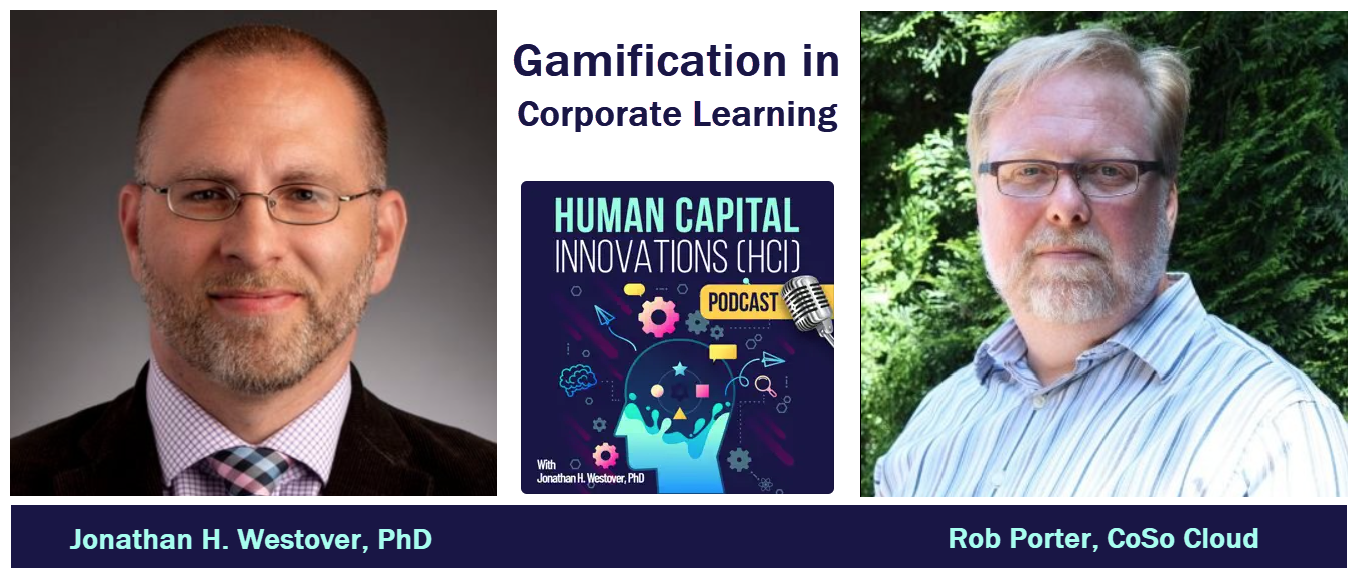
Worker Trust in Employers
November 1, 2019
Earlier this year, PR agency Edelman issued the results of its annual Edelman Trust Barometer study.
The study found that 75% of workers around the world trust their employers, more than any other institution.
“Trust used to be conveyed from top down vertically,” Edelman CEO Richard Edelman said about the research. “Then about 10 years ago it started to move to P2P, horizontally, through social platforms. Now people only trust that which is very close to them.”
When it comes to trust, it would seem 2019 is the year of the employer.
According to Edelman, worker trust goes beyond the expectation that employers will support their professional development (80%) and even personal empowerment (74%). They also believe employers will join them in taking action on social issues (67%).
These findings are of profound importance to training managers, because they suggest workers generally consider their education and awareness programs credible sources of guidance for all kinds of topics. They prove employers really do have an opportunity to provide positive influence, perhaps even including such challenging areas as sexual harassment or diversity sensitivity in the workplace.
At minimum, employers are in a position to teach to subjects that workers in general certainly want to learn more about, such as those that pertain to their professional development and careers.
But with such influence comes, of course, responsibility. Training managers and presenters must be exhaustive in their research as they go about designing courses and crafting content. They must be deeply knowledgeable when it comes to their topics. All perspectives must be considered. All facts must be sourced. Because as powerful of an asset trust may be, it is a fragile and often fleeting resource. It must be protected.
This can be a greater challenge for those running virtual training sessions than in-person session. As Richard Edelman said, people tend to trust that which is local. Training managers should keep this in mind as they incorporate engagement features into their sessions. They should ask themselves, am I doing enough to create a virtual classroom experience? Have I done all I can to establish and strengthen trust?
For more ideas on how to optimize your training programs and sessions, check out our resources page, which is full of best practices.
You can also learn how CoSo Cloud can do its part to help support your virtual training efforts here.
And be sure to check back regularly on our blog for even more tips!











